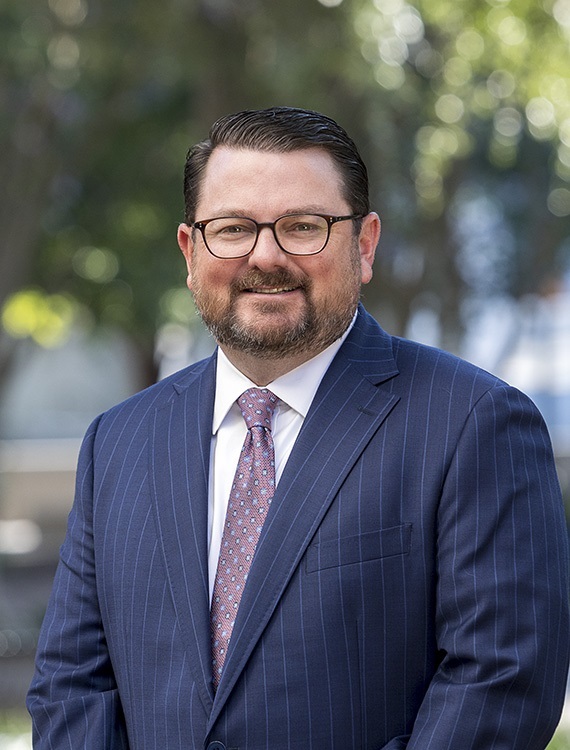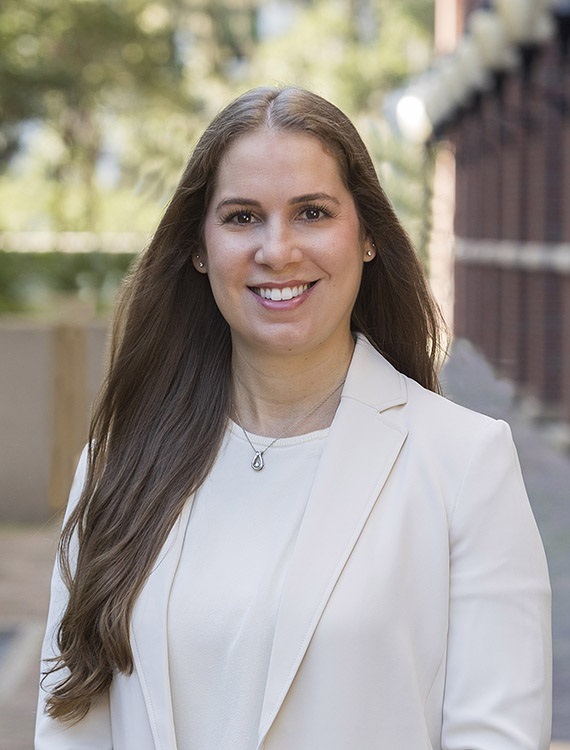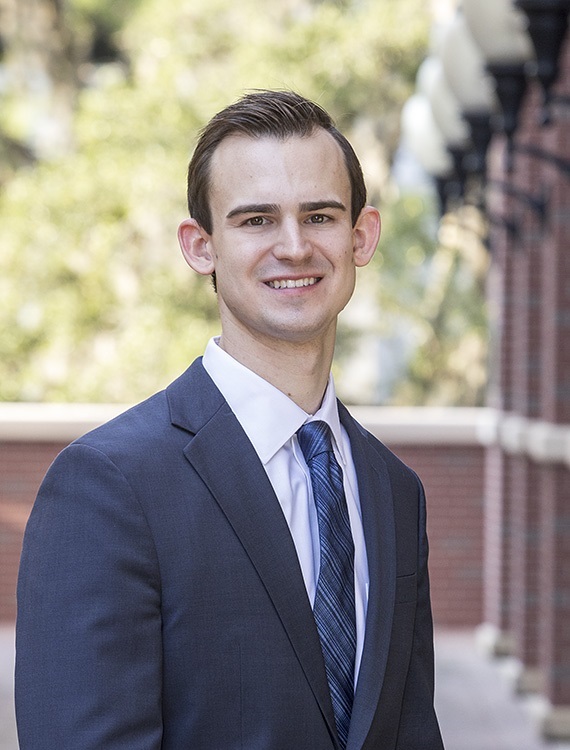Panel rejects environmentalists’ plan
By BILL KACZOR – Associated Press Writer
TALLAHASSEE — The Florida Energy and Climate Commission sided with the state’s major power companies and against a pair of environmental groups Thursday in a dispute over setting conservation and efficiency goals for the utilities.
The panel, created by Gov. Charlie Crist and state lawmakers last year, voted 6-2 to recommend that the Public Service Commission adopt a goal-setting procedure based largely on a long-used method favored by the utilities.
It reduces efficiency requirements to avoid rate increases that may be needed to pay for fixed costs such as power plants if power sales decline because of conservation.
Jeremy Susac, the commission’s executive director, said that’s the only way to meet a requirement in state law for the panel to consider cost in its recommendation.
“We’re all for energy efficiency, but … you have to look for the least-cost alternative,” said Susac, who drafted the commission’s recommendation.
The final vote came after the panel rejected an alternate method, which counts conservation savings as a benefit rather than a cost to consumers. It was proposed by the Natural Resources Defense Council and Southern Alliance for Clean Energy and has been endorsed by a consultant for the Public Service Commission.
The environmentalists say their method would result in at least five times as much in energy savings. They acknowledge rates would go up slightly but argue consumers’ bills would be lower overall because they’d be using less power.
“That is a win-win for everybody,” said Commissioner Howell Ferguson, chief executive officer of Tampa-based Lykes Brothers Inc. But Commissioner Christian Poindexter, retired chairman and CEO of Maryland-based Constellation Energy Group, said “I don’t believe it’s true.”
Commissioner Nicholas Gladding, a Sarasota lawyer, also opposed the environmentalists’ plan, saying the resulting “burden on the general rate payer would be just extraordinary at this time, given the economy.”
Ferguson and Debra Harrison, Florida program director for the World Wildlife Fund, were the only commissioners who voted against Susac’s draft and for the environmentalists’ proposal.
“We have lost a tremendous opportunity to us to provide leadership on an issue that we’ve been charged with by the governor’s office,” said Harrison, who introduced the failed proposal.
Crist has been a vocal advocate of conservation and alternate energy sources to reduce greenhouse gases that have been blamed for global warming.
The panel acted at an emergency meeting, with Susac and four commissioners participating by phone. The vote came one day ahead of the commission’s deadline for sending a recommendation to the Public Service Commission, which will make a final decision later this year. The 10-year goals are revised every five years.
The majority recommendation combines the utilities’ rate-focused method with consideration of benefits reaped by consumers who participate in energy conservation programs.
Ferguson said Florida’s utilities currently rank 107th to 177th in efficiency and conservation nationally and the commission’s recommendation would do little to change that.
“The state’s utilities, this commission and the governor should wince at the low level of energy efficiency,” said George Cavros, a lawyer for the environmental groups.












